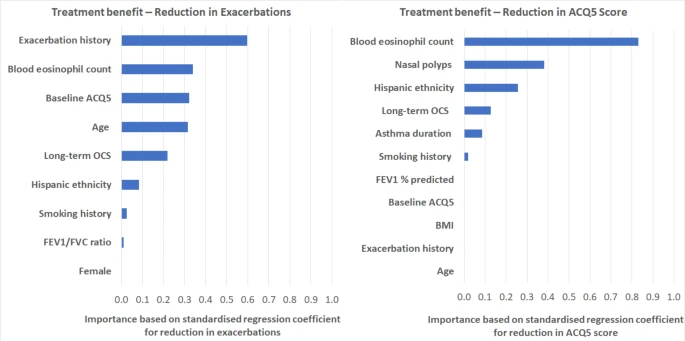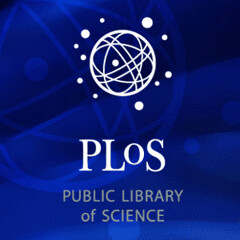Anagnostou A, Lieberman J, Greenhawt M, Mack DP, Santos AF, Venter C, Stukus D, Turner PJ, Brough HA. Allergy. 2023 May 2. doi: 10.1111/all.15757.
Abstract
The field of food allergy has seen tremendous change over the past 5–10 years with seminal studies redefining our approach to prevention and management and novel testing modalities in the horizon. Early introduction of allergenic foods is now recommended, challenging the previous paradigm of restrictive avoidance.
The management of food allergy has shifted from a passive avoidance approach to active interventions that aim to provide protection from accidental exposures, decrease allergic reaction severity and improve the quality of life of food-allergic patients and their families. Additionally, novel diagnostic tools are making their way into clinical practice with the goal to reduce the need for food challenges and assist physicians in the—often complex—diagnostic process. With all the new developments and available choices for diagnosis, prevention and therapy, shared decision-making has become a key part of medical consultation, enabling patients to make the right choice for them, based on their values and preferences.











